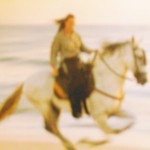In The Alchemist, Paul Coelho created a memorable image of someone going through a wonderful palace carrying oil in a spoon. In the first pass, the acolyte could recall nothing of the magical surroundings. Sent again, the precious oil was spilled. The skill was to observe and concentrate at the same time.
For me, writing is like that: doing two difficult, incompatible things at once.
Here’s one example of what I mean:
I have to fully experience life to have anything worth saying – and I also need to be a disinterested observer. I need emotional engagement – ‘no tears in the writer, no tears in the reader’ and yet I must step outside my feelings. How else can I control their appearance on the page to best effect?
Something similar applies to planning. On one hand my rational side loves to organise, create outlines and have it all under control. Yet on the other, I know some of my most original writing stems from the unexpected, from departures from the planned route. How to be logical yet open to creativity? It’s a struggle.
Here’s another – how much to connect with other writers? I love the creative buzz of physically being with my colleagues, and the virtual common room which is the net, but it can easily distract me from my own purposes. I have to be centred in myself too. The same goes for reading – the good earth of others’ work is essential for my growth – but I must also find my own garden to nurture. Somehow I want to be informed and yet uninfluenced.
And I could go on.
What irreconcilable opposites do you cope with?







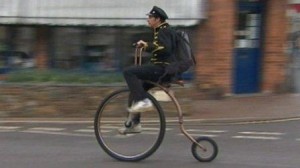

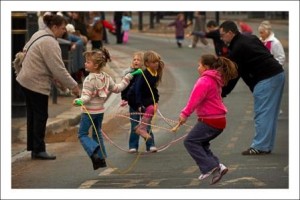

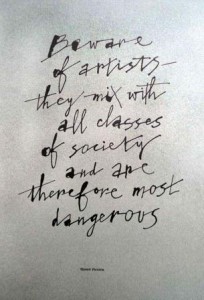
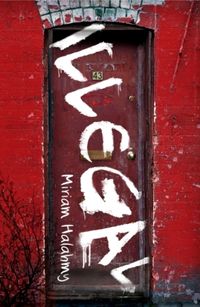


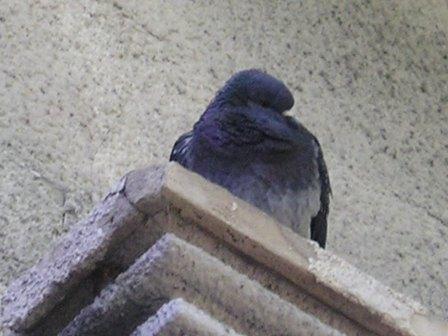



 Today, 3rd September 2011, I went to
Today, 3rd September 2011, I went to